Cable Replacement Communication #6
With the exception of some work involving the fiber optic cable, restoration work on Plum Island is now virtually complete. The wet spring prevented us from completing this work earlier. While there, we completed installing the new service for the boat house and assisted USF&W in getting the well operational. We still have some minor restoration work to complete at Northport and some cleanup to do on our own property here on the Island.
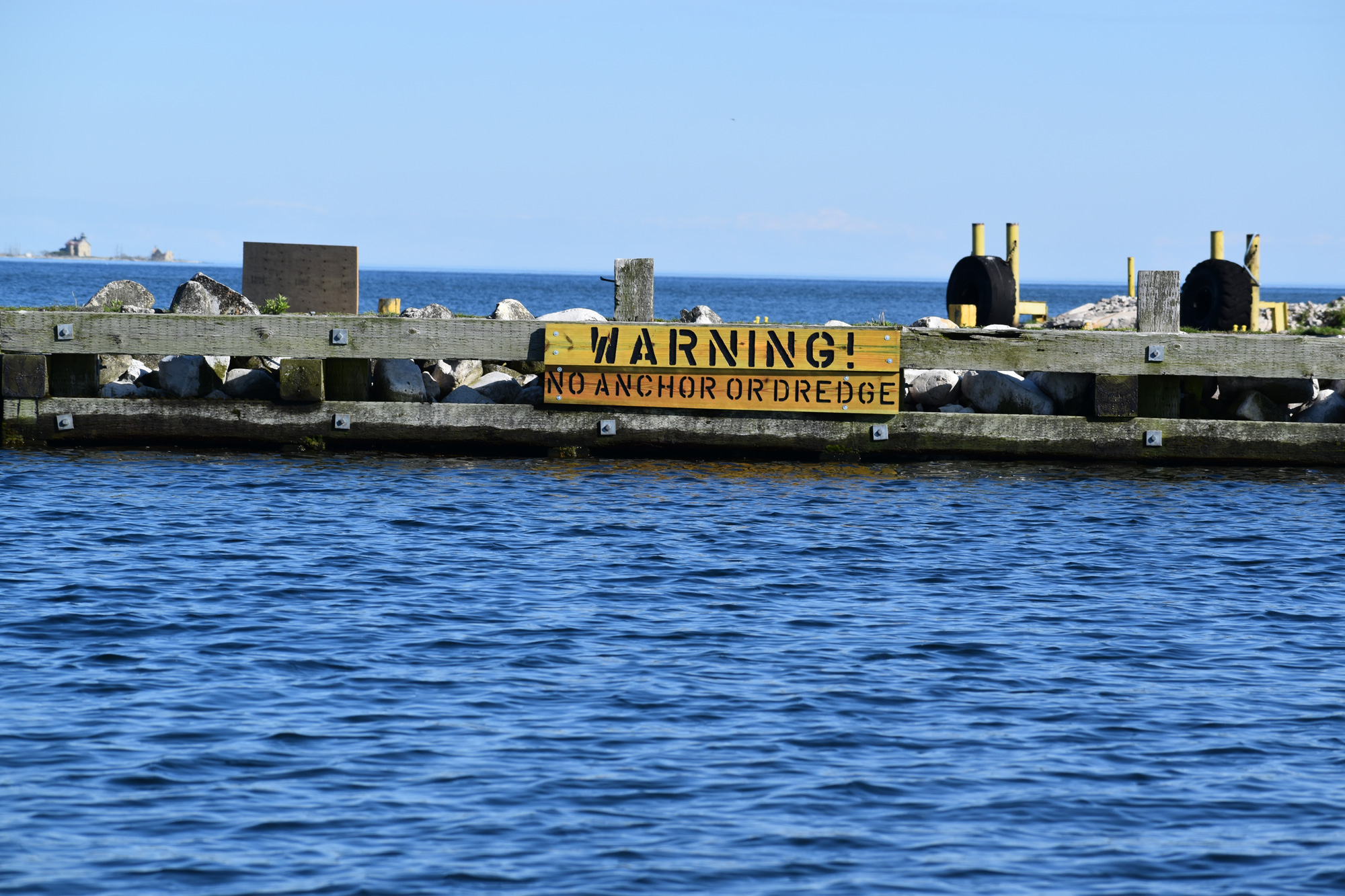
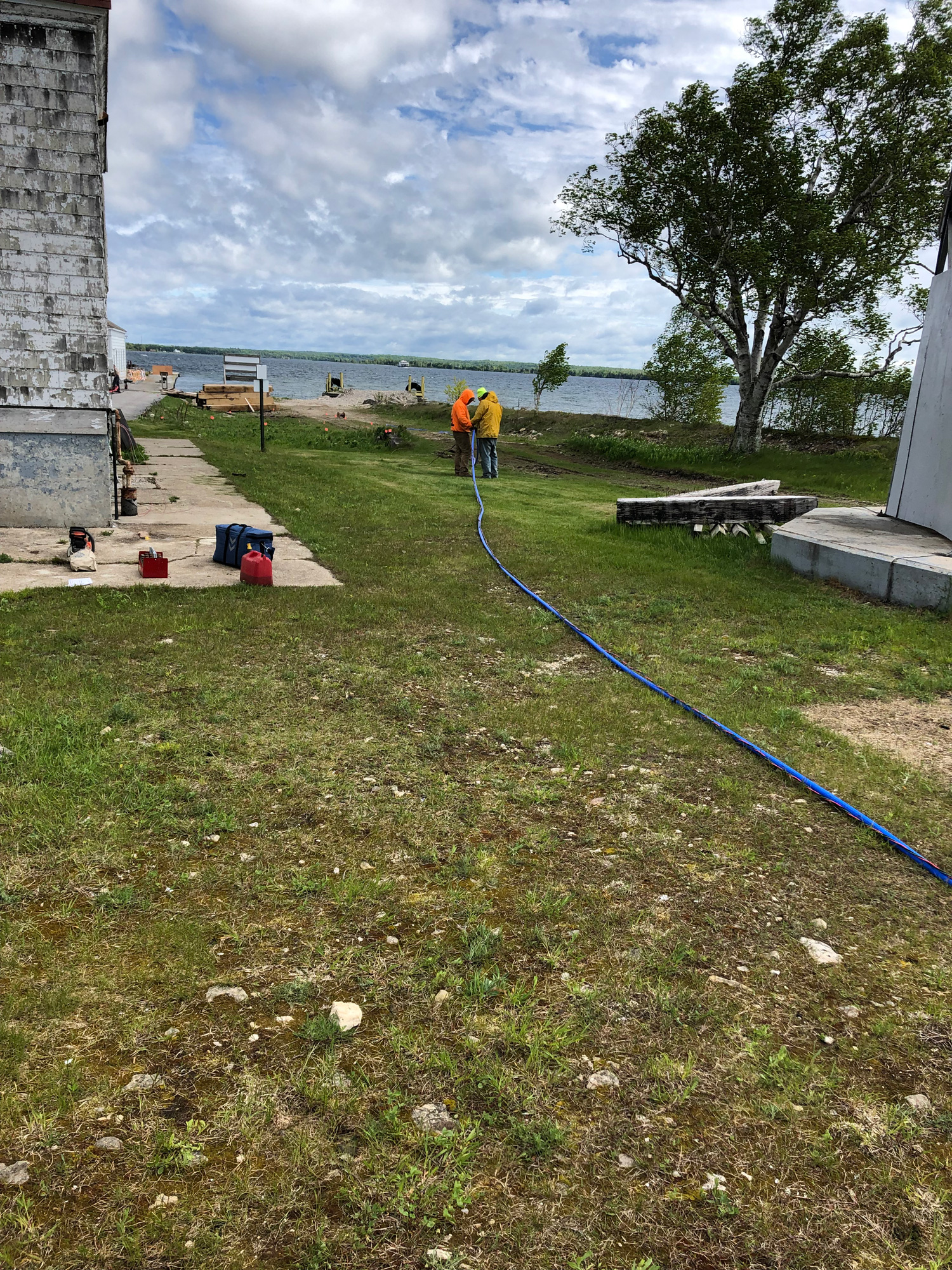
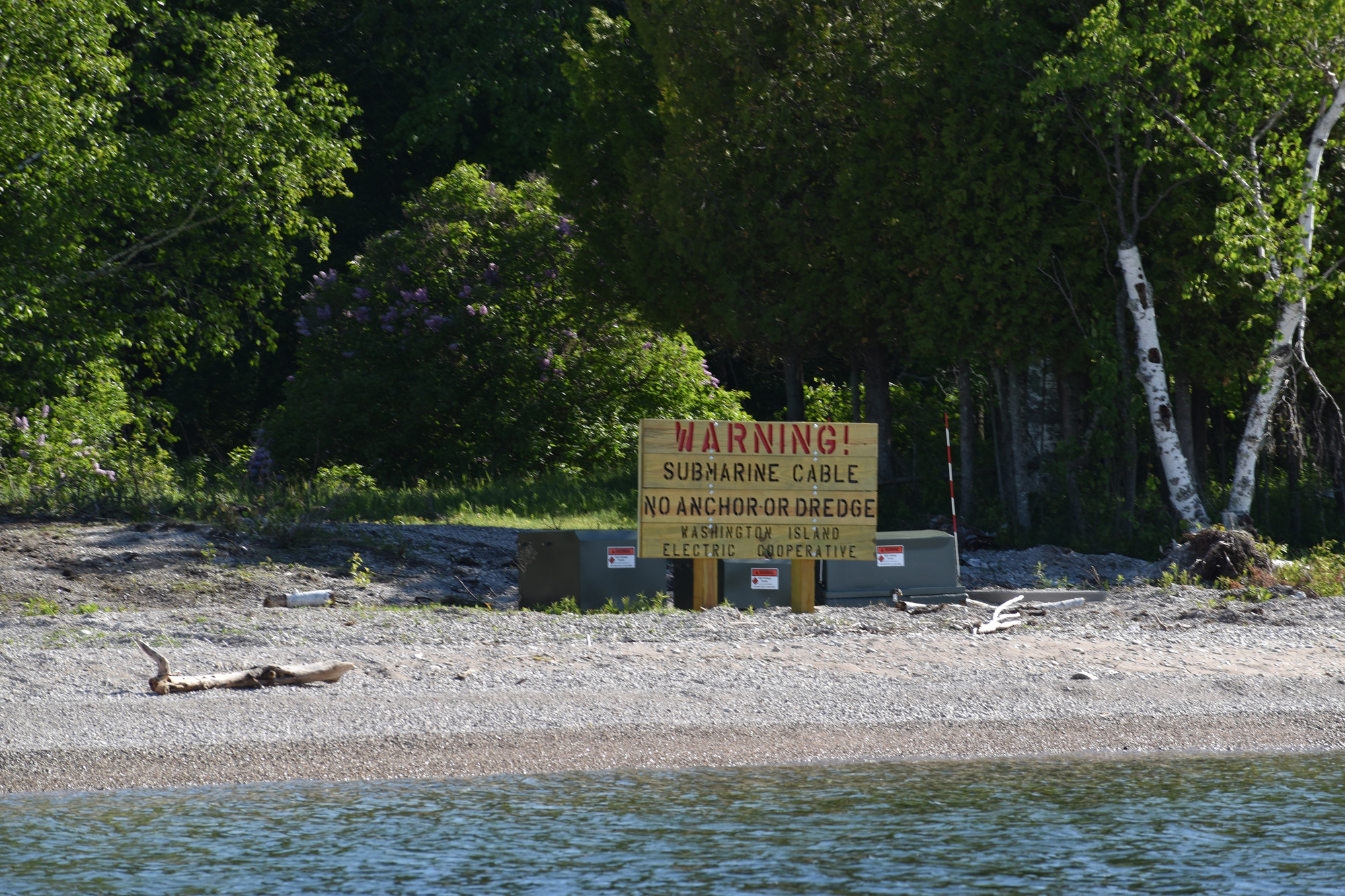
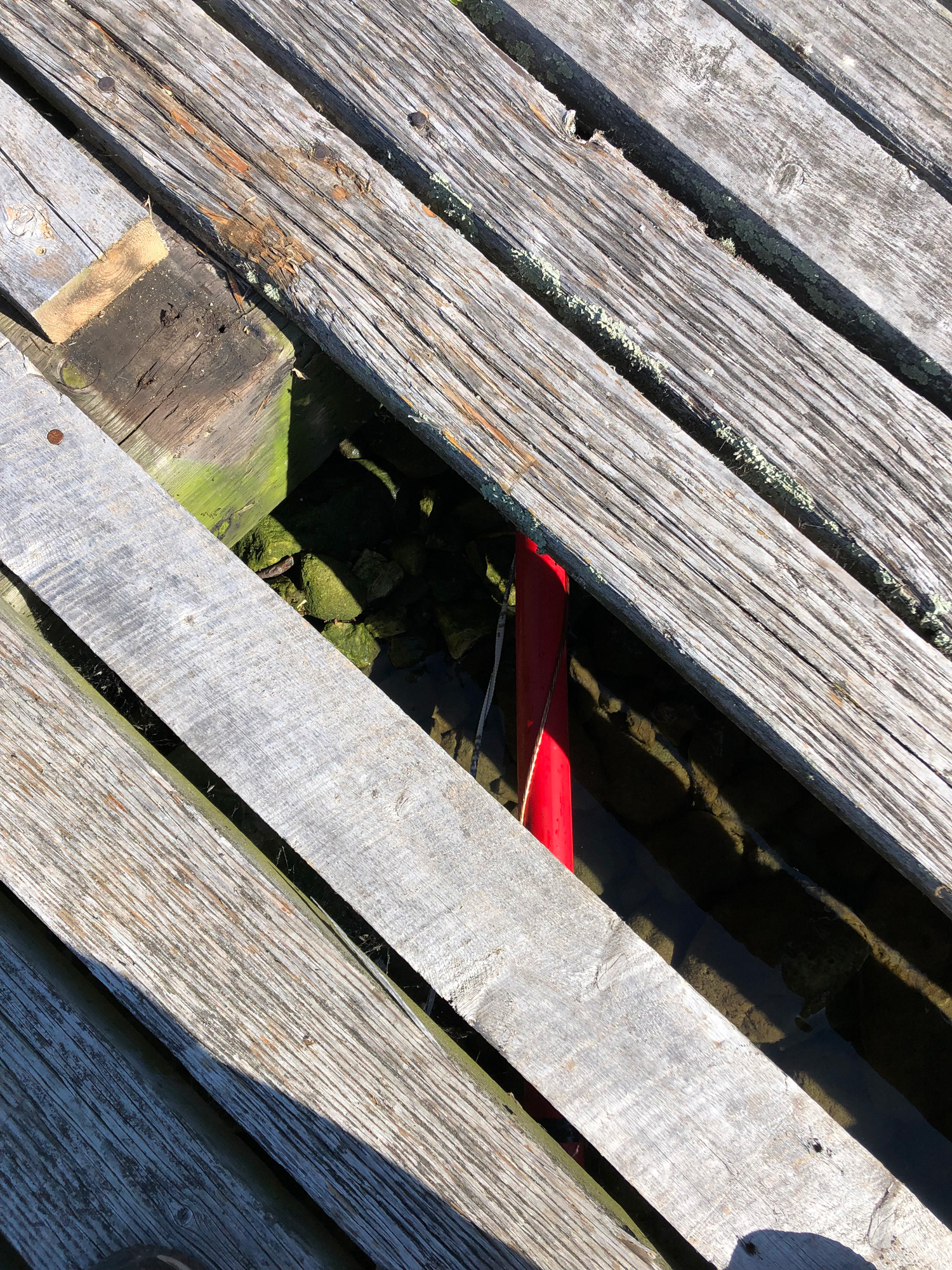
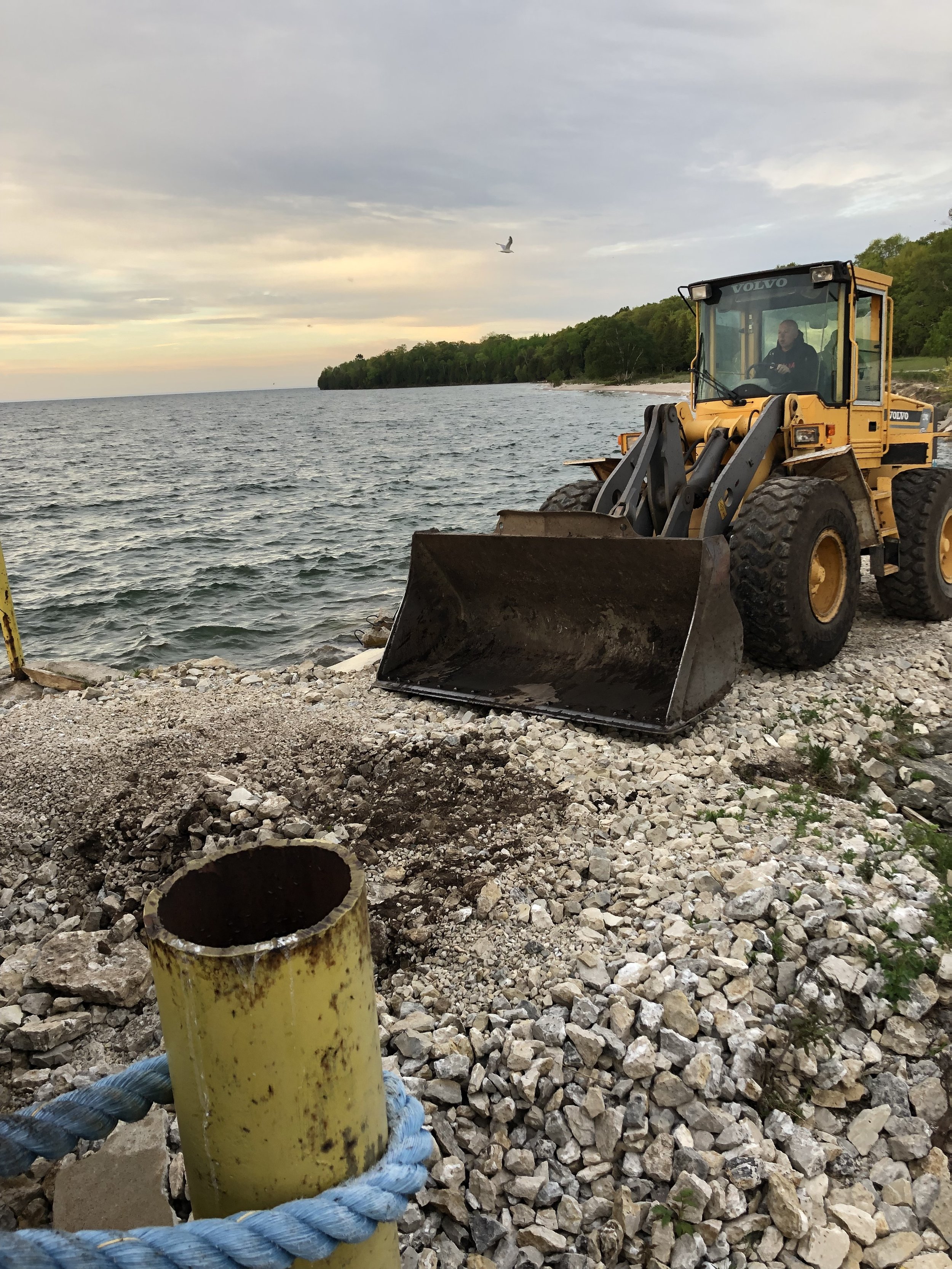
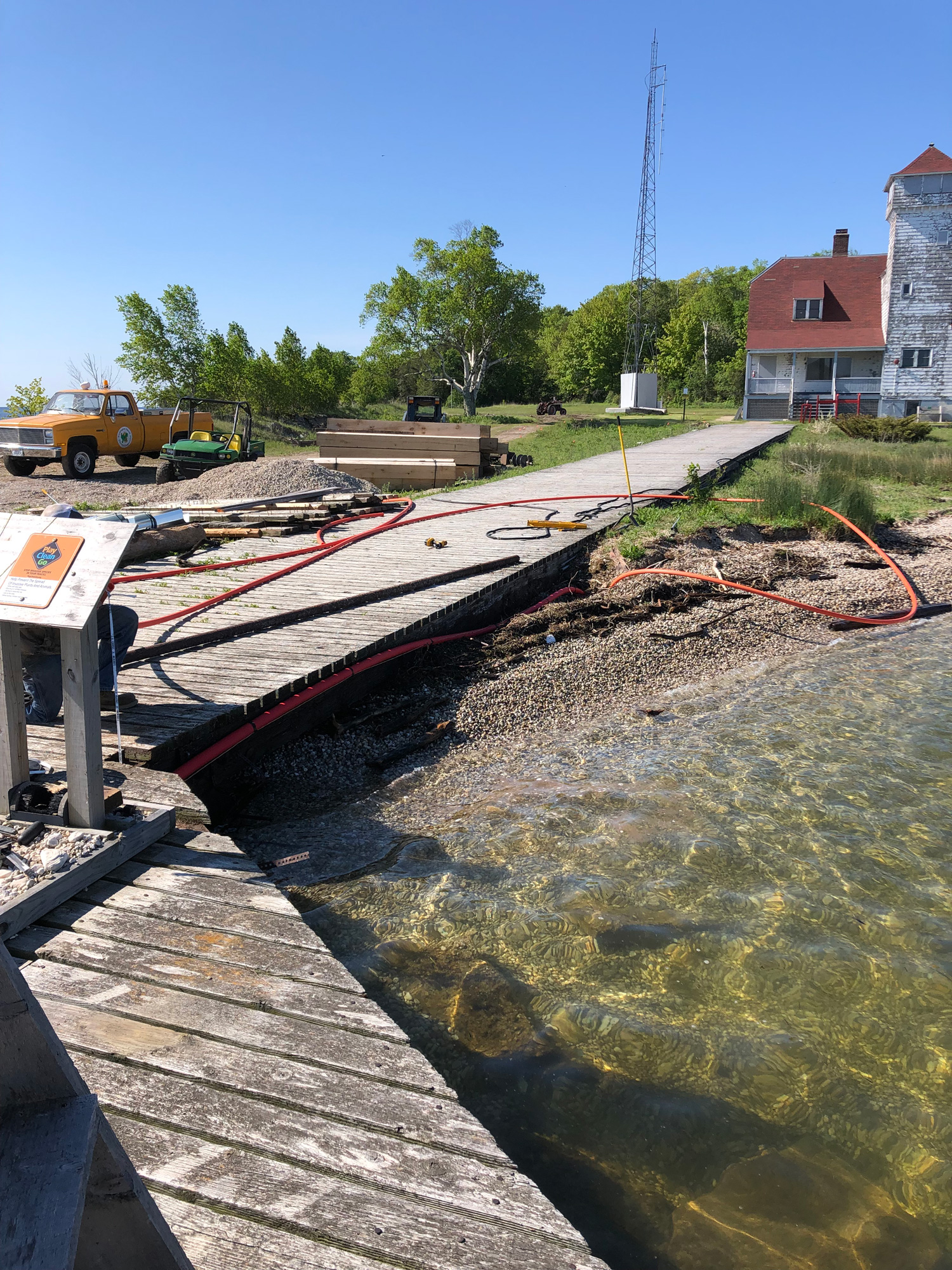
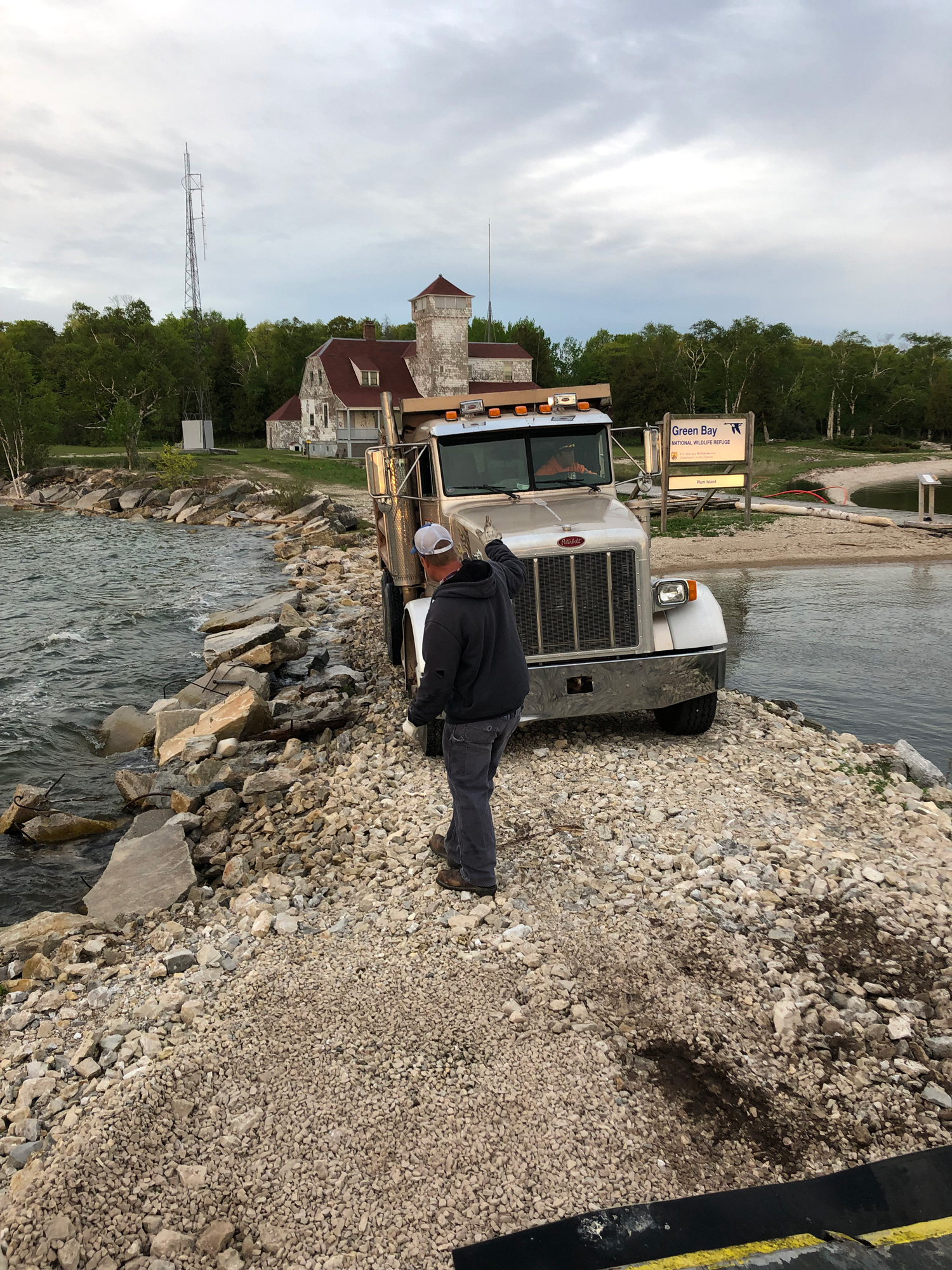
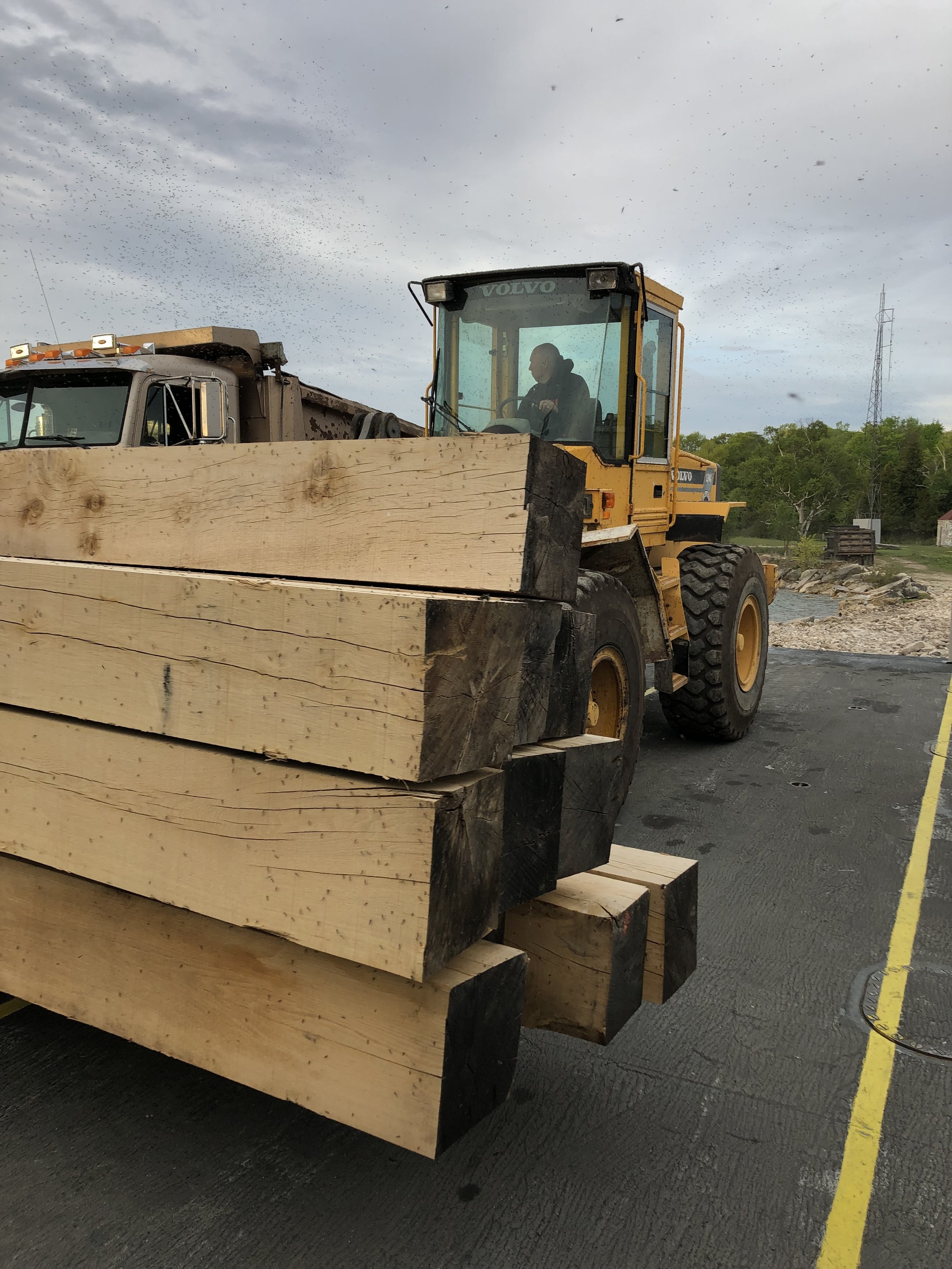
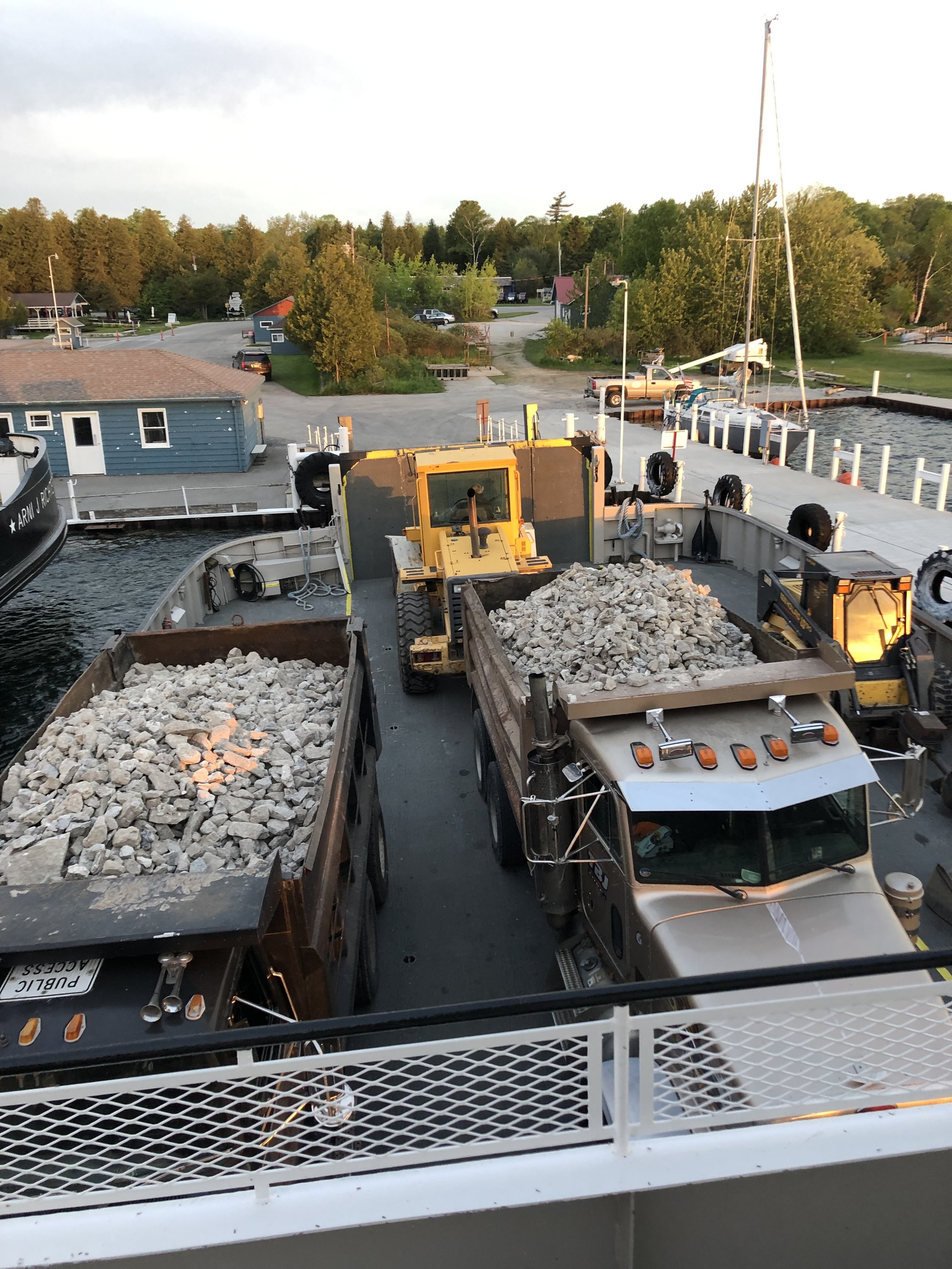
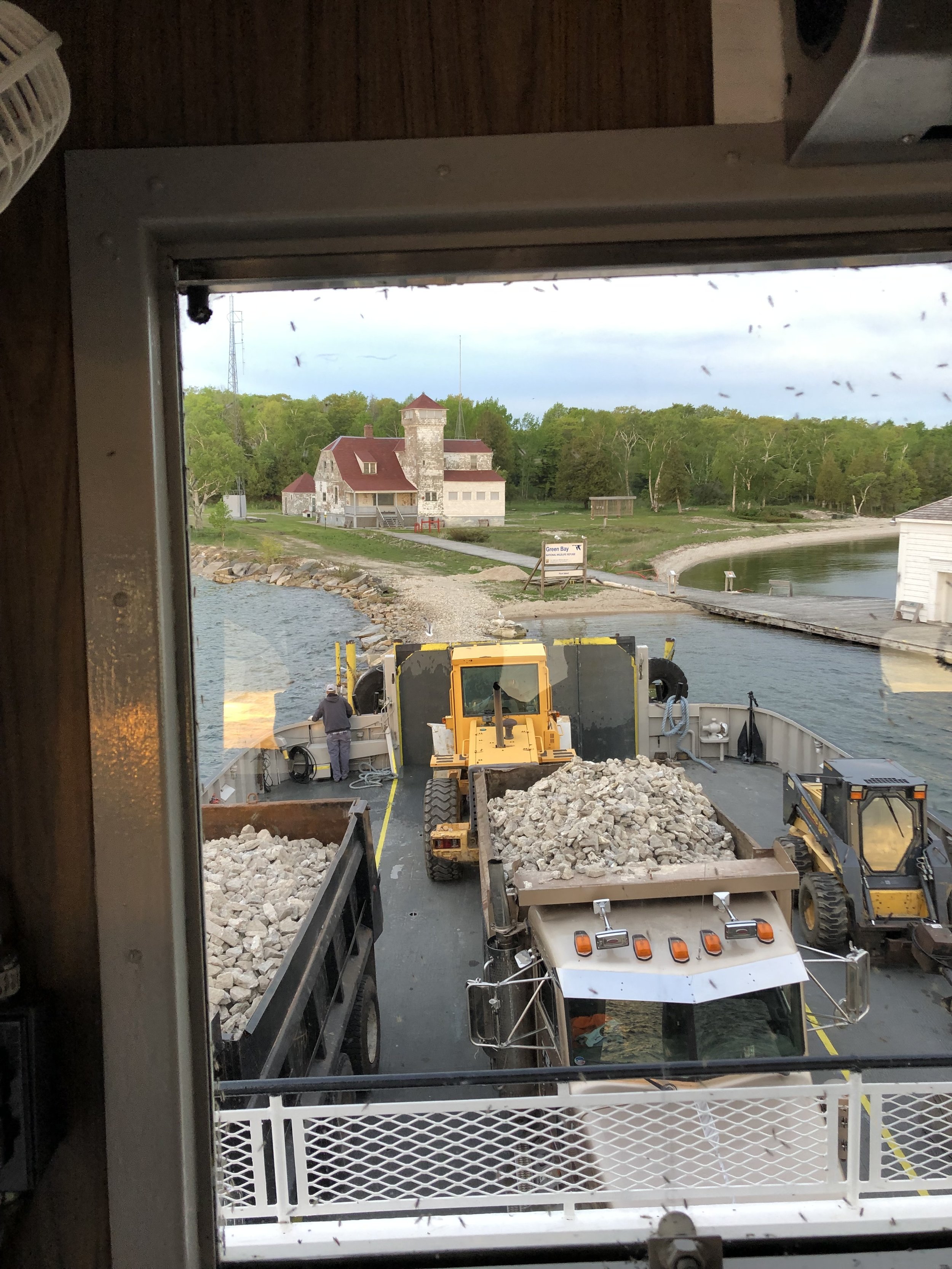
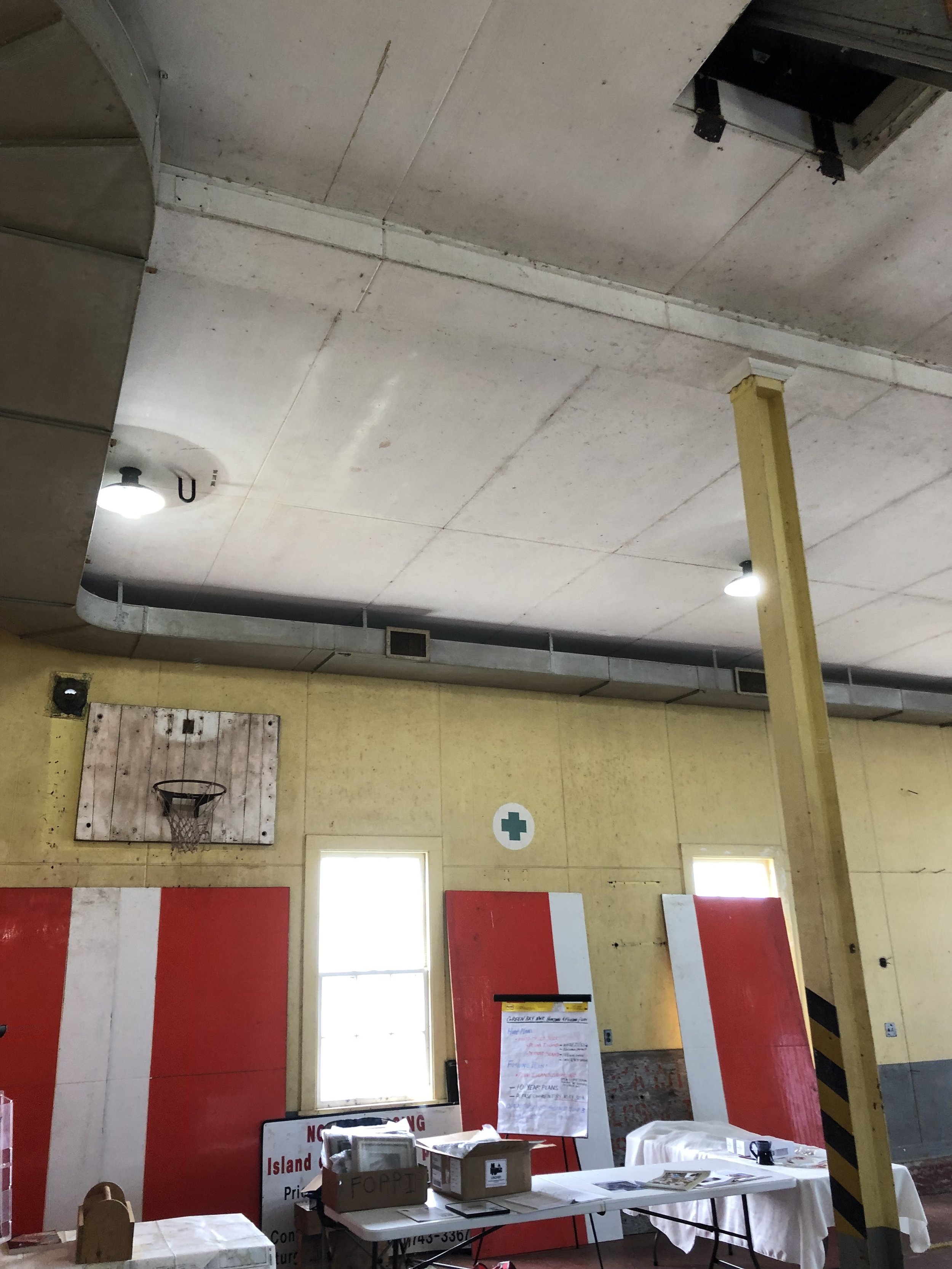
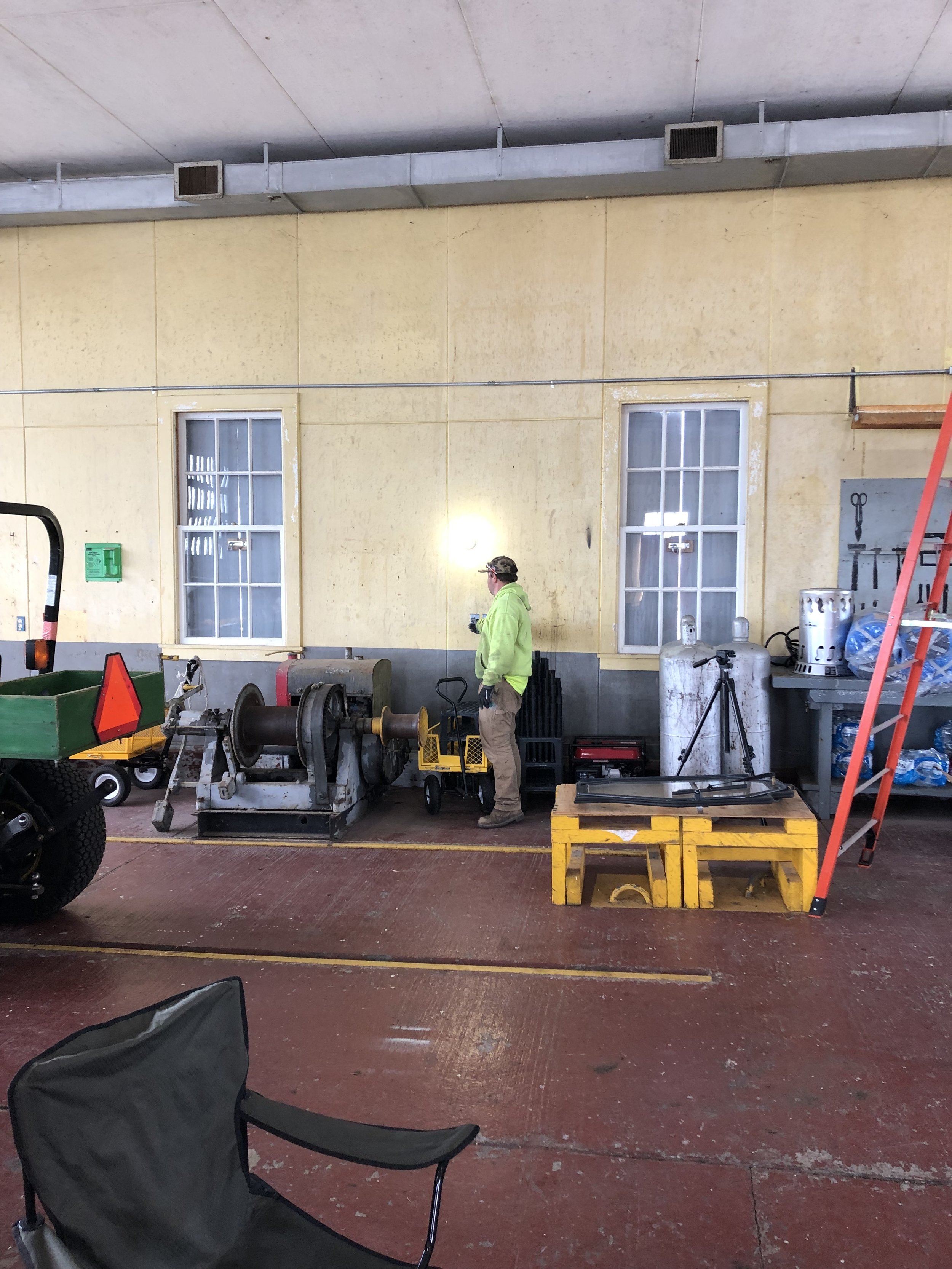
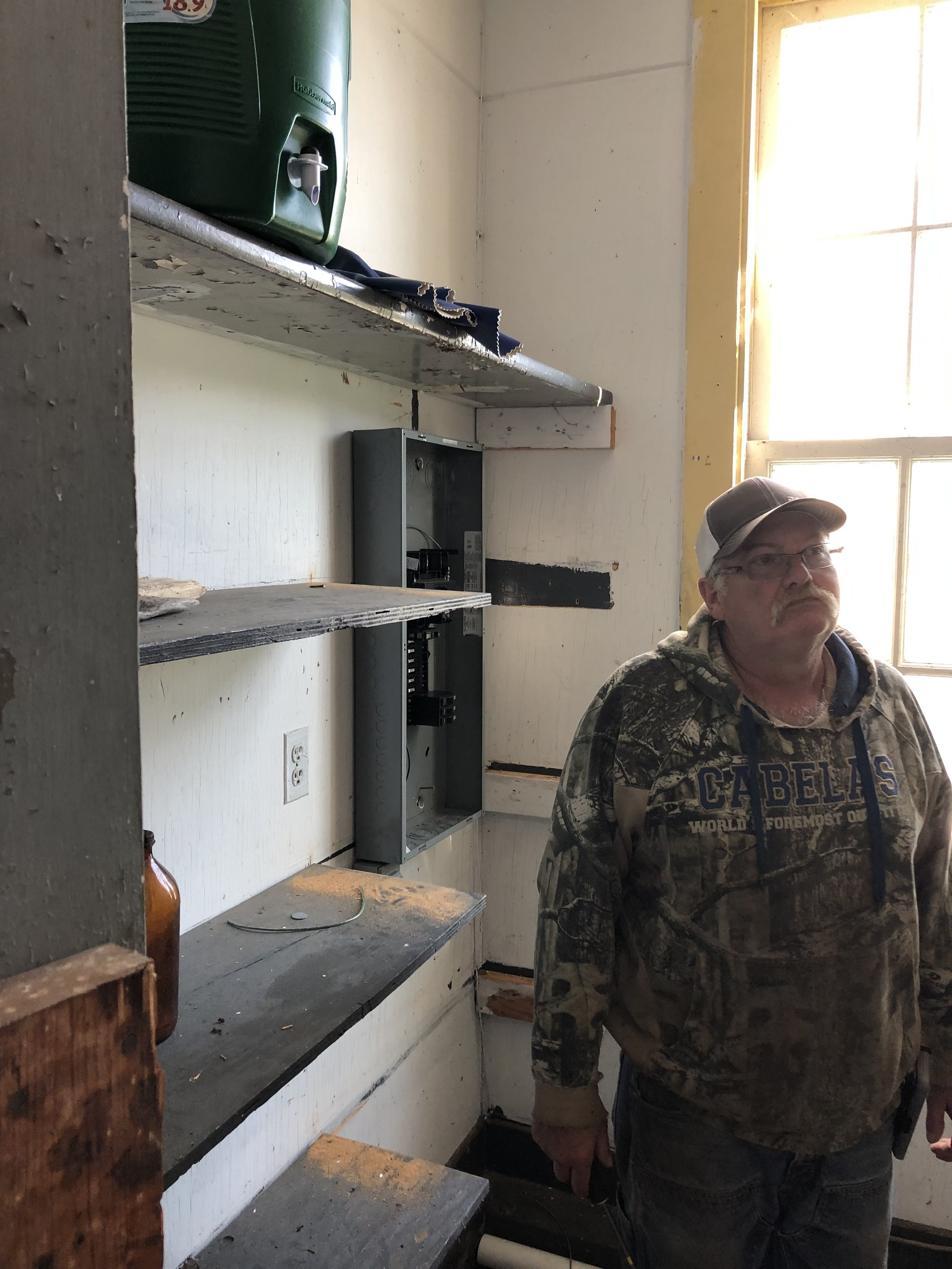
There has been a whole lot of less visible effort that has gone on as well regarding securing funding assistance for the costs involved in this project. As has been noted in previous communications, because Governor Walker declared a disaster, we qualified for up to 70% of eligible recovery costs for the repair of the faulted cable. There was significant back and forth regarding timelines and what was eligible which not only involved numerous phone calls, but also a visit with Governor Evers’ staff to help with clarification. Our initial application had us potentially getting as much as $607,000 in reimbursement and in anticipation of this, the Wisconsin Department of Military affairs included $595,000 in a 1310 appropriation for us (the entire appropriation was for $2,000,000) since the number of storms and floods last year had left their normal budget depleted. This is not to be confused with the $2,000,000 included in Governor Evers budget which will be discussed in a moment. As noted, there was significant back and forth which started with a 72 hour limitation which reduced our eligibility to something in the neighborhood of $5000 and, after more clarification, a second submittal, which actually increased our eligibility to close to $640,000. In the end our claim was approved in the amount of $603,000. This money will be applied to reduce the debt service.
As has been previously discussed, with the support of Representative Kitchens and Senator Jacque, Governor Evers included us in his biennial budget for up to $1,000,000 per year for a total of $2,000,000. This was only the first step in this process. The budget went to the legislature where it was referred for review by the Joint Committee on Finance (JFC). They take the Governor’s budget as a starting point and make changes and adjustments. Manager, Robert Cornell, testified at two of the four JFC budget hearings. We had great support from our fellow electric cooperatives whose boards all wrote letters to their own individual representatives. Our issue and story were one of the primary lobbying subjects at the Wisconsin Electric Cooperative Association’s Education and Lobby Days event in Madison and attendees lobbied their legislators and their staff face to face at the capitol in support of our issue. During this meeting, Senator Howard Marklein, who represents parts of southwest Wisconsin and sits on the JFC pledged to help shepherd our issue through the process.
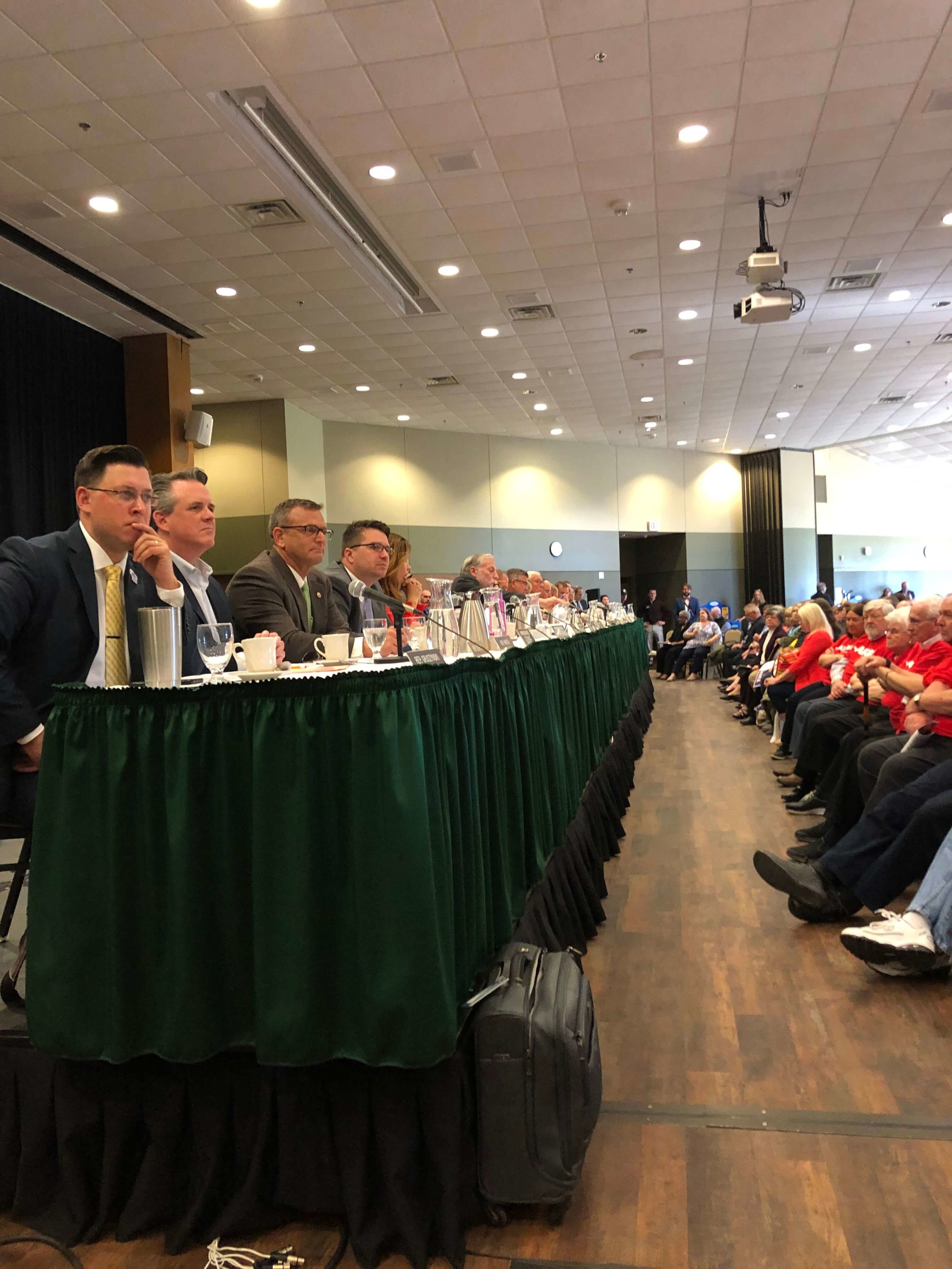
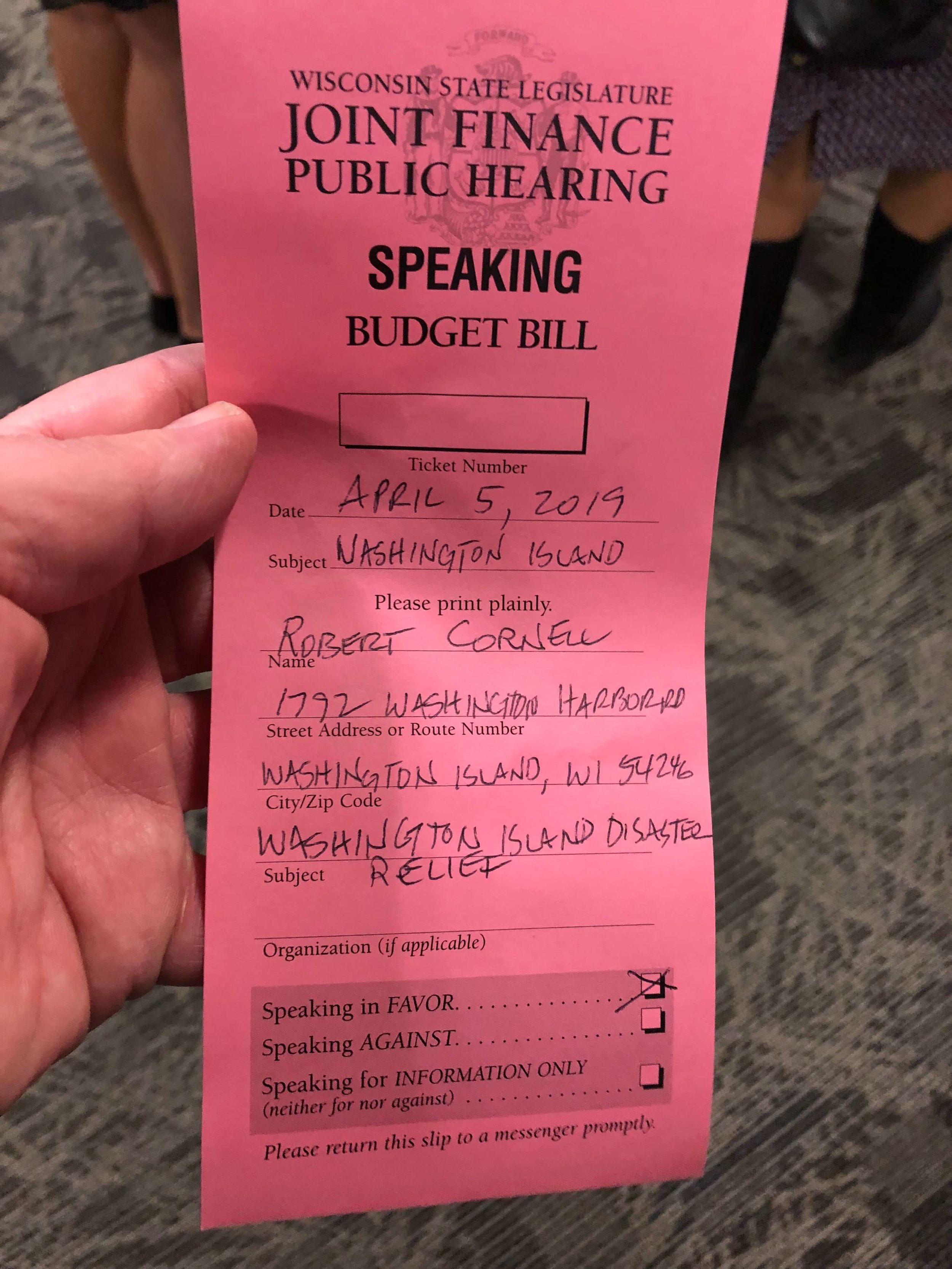
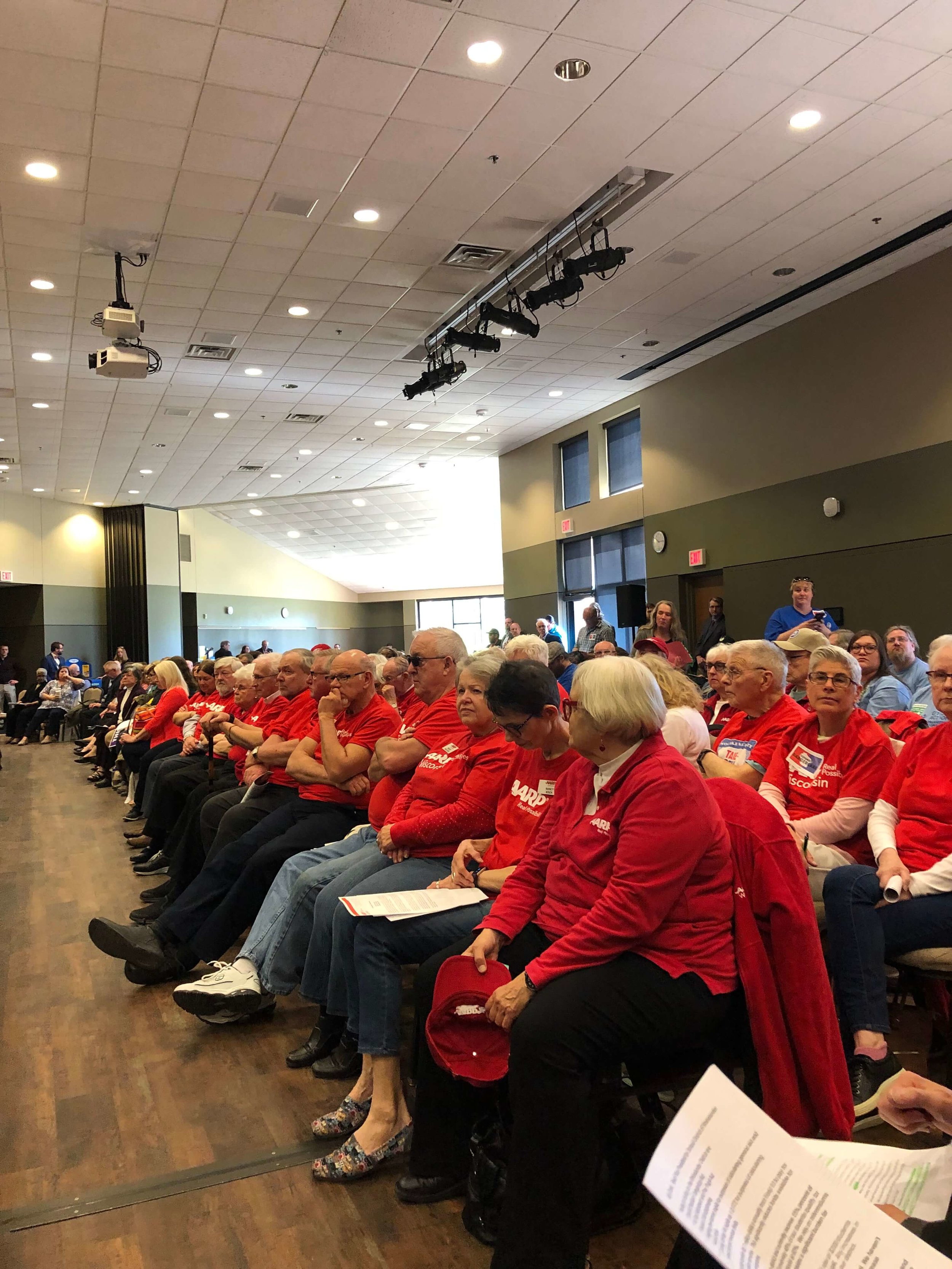
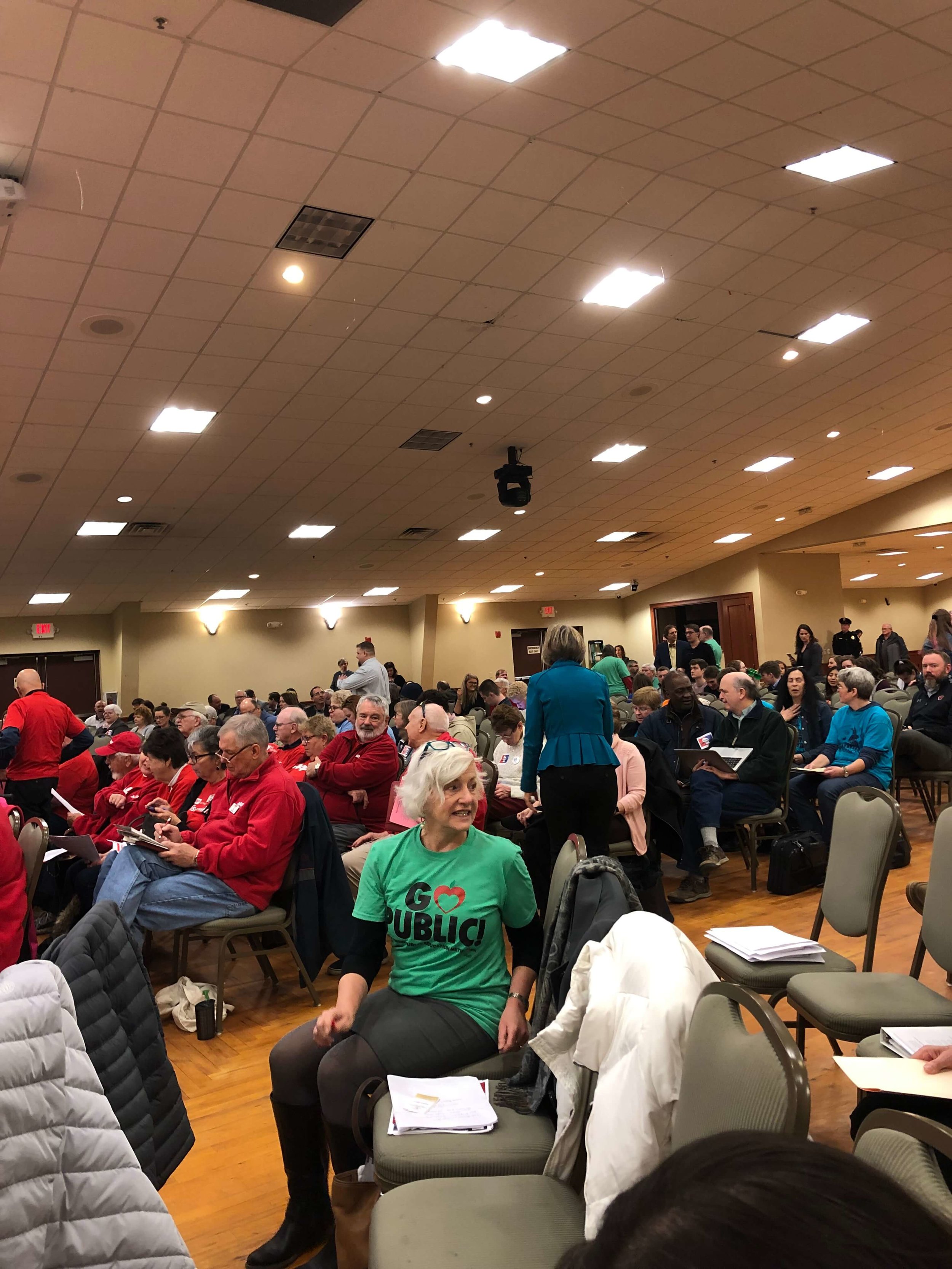
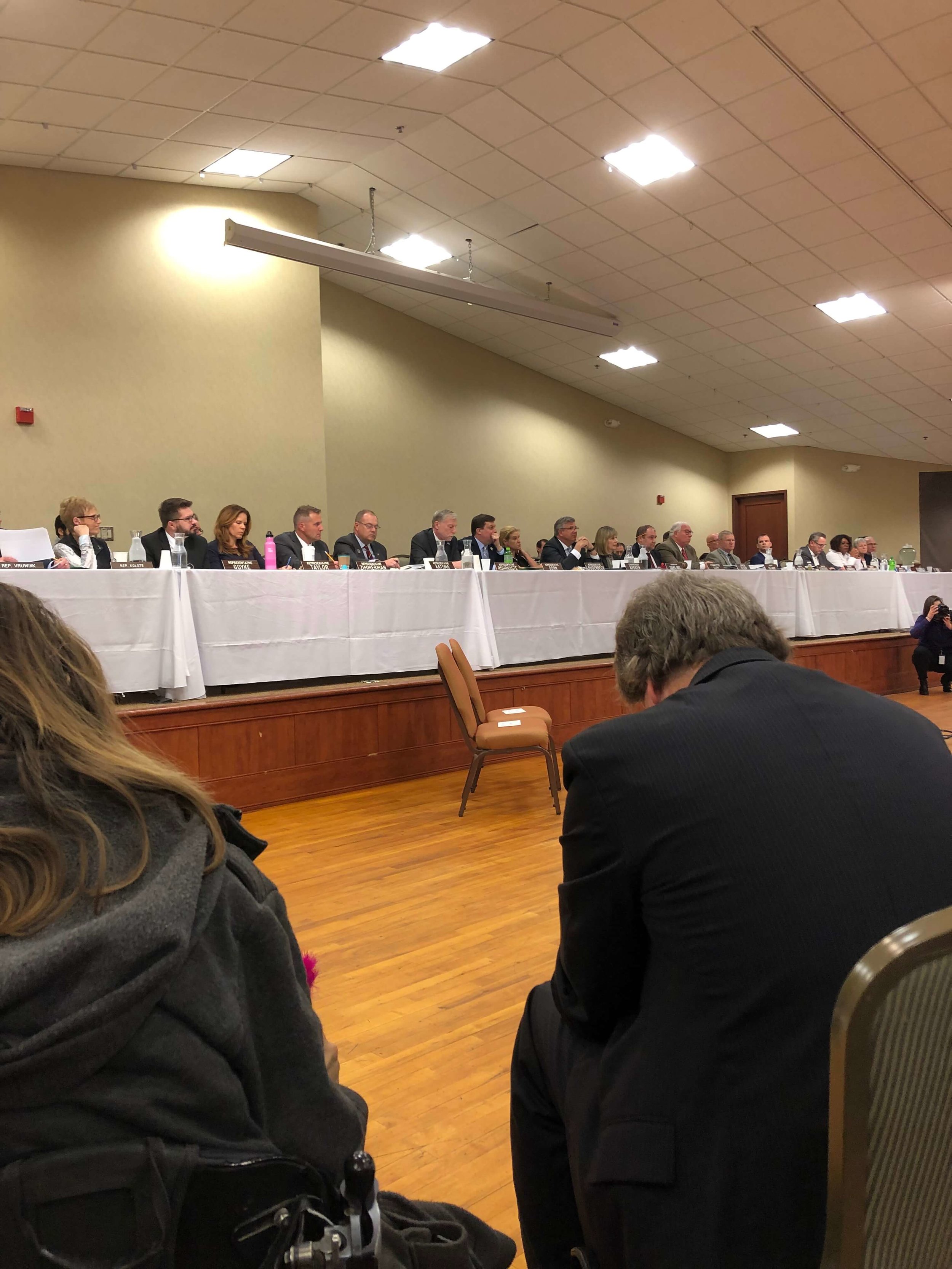
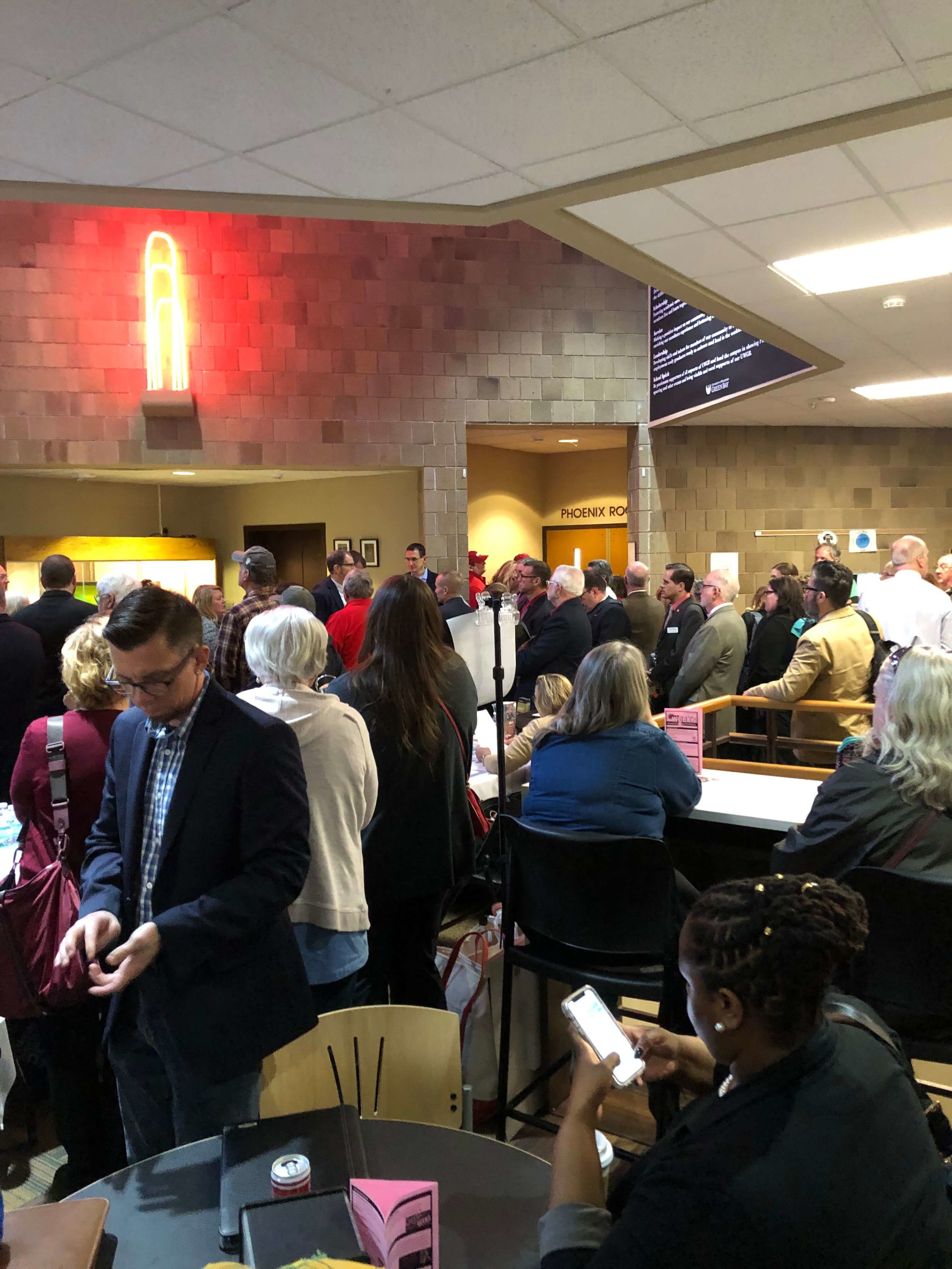
After all this effort, not only did the JFC leave our issue in the budget exactly as Governor Evers included it in his, but they added a clause that makes electric cooperatives directly eligible for disaster aid rather than, as we did, have to go through a government entity such as the Township or County. These measures passed the JFC on an 11-4 vote.
Once the JFC went through the budget and made the changes, they then returned the budget to the Legislature where it went through the amendment process and some significant debate. The modified budget was then voted on, where it passed both houses of the State Legislature with our assistance clause unchanged.
From the Legislature it went to Governor Evers’ desk. Once it is officially received, the Governor has 6 days (not including Sundays) to act on the budget. He can sign it as is, veto the entire budget or exercise his line item veto power (the strongest of any Governor in the country) and make modifications. Governor Evers chose to exercise his line item veto power and made 78 modifications. Our $2,000,000 provision and the provision regarding cooperative eligibility for disaster aid were not modified in this process and Governor Evers signed the budget on Wednesday July 3, 2019.
This is incredible news for us and as promised, when the funding comes in, rates will be reduced by a proportional amount. This will take a little bit of time yet as there is still significant work to do in order to provide all the documentation of costs to the State in order to get the money in each of the upcoming two years. The bottom line however is that, if all goes as planned, the Washington Island Electric Cooperative will be (over the biennium) the recipient of $2,600,000 in state aid to help offset the cost of repairing and replacing our critical infrastructure.
We have a whole lot of people to thank for this. They have been named in this and in previous communications. We expect to have some formal recognition of the major players at some point in the not so distant future.
Now, you may think that this is the end of the story. It is not! Not only do we still have work to do on the Fiber Optics that was part of the cable installation, but, being recipients of this state aid opens up another can of worms that no one really anticipated.
During the recent tax law reforms, an unintended consequence that affects 501c12 nonprofit organizations such as the Washington Island Electric Cooperative occurred. In order to maintain our nonprofit status, we are required to meet an 85/15% standard where 85% of our income must come from our core business and members and 15% can come from other sources. To simplify the issue, in the past, grant dollars did not affect this income ratio, but now with the reforms in place, they are considered to fall in the other sources category. You can see where getting $2.6 million dollars will have an adverse effect on our nonprofit status. The potential for losing our nonprofit status for two or more years will most certainly have a negative effect on our operation.
Legislation has been introduced at the federal level to correct this issue as we are not the only ones affected by this change. House Resolution 2147 and Senate Bill 1032 - Revitalizing Underdeveloped Rural Areas and Lands (RURAL) Act are currently work their way through the federal process with HR2147 currently in the House Ways and Means Committee. At our request, Congressman Mike Gallagher has signed on to this bill as a co-sponsor once again showing the level of support our representatives have for us.
We would urge Cooperative members around the country to voice their support for this legislation with their own representatives and senators.
